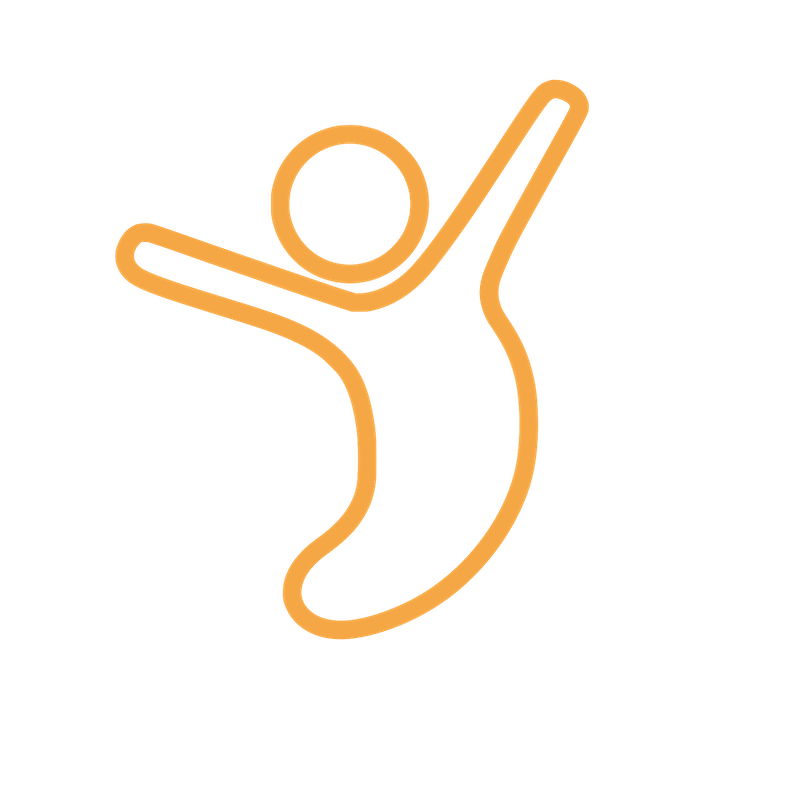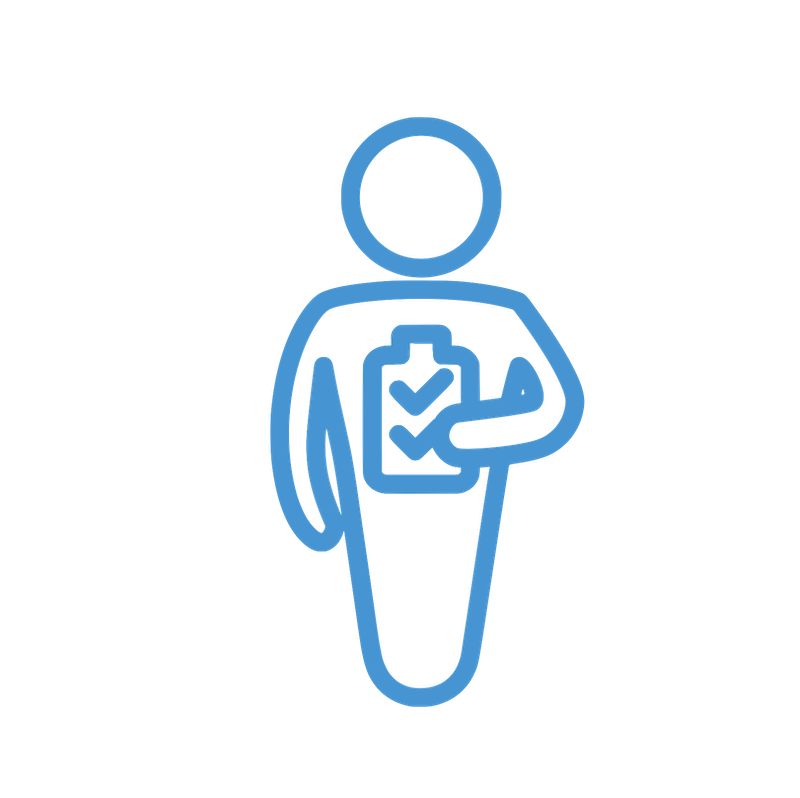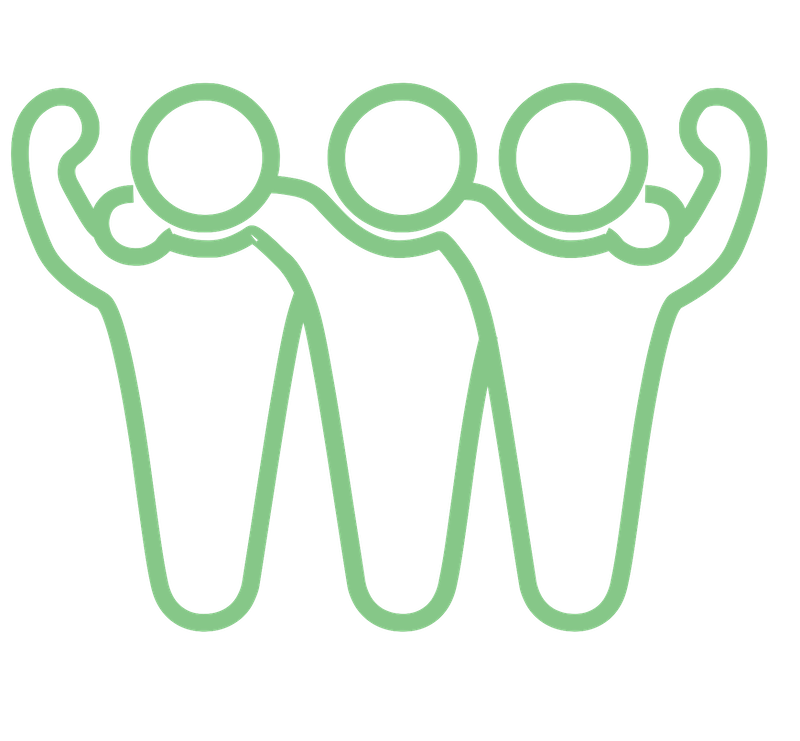Introduction to DISC
Different Personality Styles
The DISC model is a personal development tool designed to help people improve communication and build better, stronger relationships. The model measures and describes 4 styles of behavior: D, I, S and C.
In the DISC model, there is no good or bad styles. No style is better than the other. Each style count with their own strengths and limitations, and they are all as worthy as the others. People are a blend of the four styles, but usually have one or even two styles that shows more.
Find out More
By submitting your email address, you accept our terms of services. You can revoke your consent at anytime in the future.
The 4 DISC Personality Styles

Dominance
Individuals who sit within the Dominance (D) style are commonly perceived as being direct, determined and decisive self-starters. Given their independent nature, these team members generally prefer to take charge rather than follow someone else's instructions. They are highly driven when carrying out a task and have a preference for dynamic and challenging activities. They usually thrive when set an ambitious goal, preferring action over analysis when they need to complete an assignment. Also, these team members are naturally competitive, which can be attributed to a desire for recognition and authority. They are also highly assertive, especially when pushing for their ideas.

Influence
Individuals who sit within the Influence (I) style are generally considered outgoing, energetic, sociable and enthusiastic. Usually, they are overflowing with optimism. They are good at engaging with others and are confident communicators who are capable of inspiring and persuading those around them. As they are generally expressive, they appreciate it very much when people pay attention and listen to them. They are usually encouraged by praise, social recognition and acceptance to the point that they may fear isolation and rejection. As a result, they can be more concerned with popularity than delivering concrete results. When properly controlled, their social and optimistic nature can be their defining asset.

Compliance
Individuals who sit within the Compliance (C) category are considered to be the most analytical and reserved, in comparison to the other styles. They gravitate towards process, structure and rules. They are conscientious when dealing with tasks and are often perfectionists. Typically, they will spend a considerable amount of time analysing data before arriving at a decision. They are more task-oriented than people-oriented. Meticulous by nature, it's natural for them to strive for high-quality output in any task they undertake. They are logical and rely on facts; therefore, any opinion based on gut feel or emotions is questionable for them.

Steadiness
Individuals who sit within the Steadiness (S) category are known for being calm, tolerant and easy-going. They are naturally warm people who look for similarly supportive, consistent and loyal traits in their relationships. As such, they are generally content with what they know and can be reluctant to change. They are reliable, dependable and compliant towards authority. They show loyalty to others and are excellent team players. They are supportive of others' ideas, even if it differs from their own. Any abrupt or unexpected changes in the workplace can be uncomfortable for them. However, if change is inevitable, they will try their best to adapt, although it might be a gradual process.